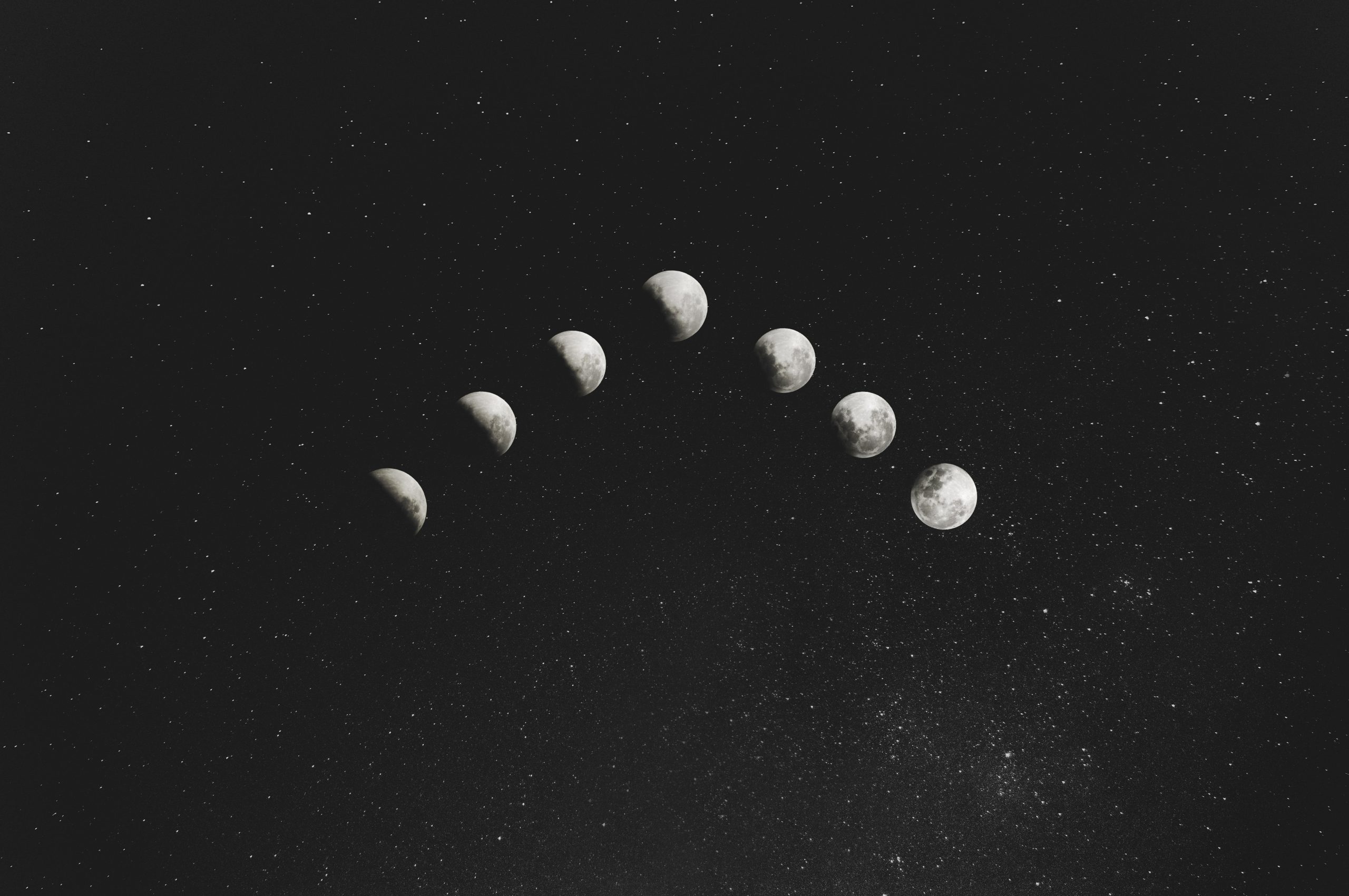I Ching Divination: An Ancient Chinese Oracle
Divination, the practice of seeking knowledge of the future or of unknown events through supernatural means, has been a part of human culture for centuries. One such ancient form of divination is the I Ching (pronounced ee ching), also known as the Book of Changes. Dating back over 3,000 years, the I Ching is not only one of the oldest divination systems in the world but also a profound philosophical and spiritual tool used in various aspects of Chinese culture.
Origin and History of the I Ching
The origins of the I Ching can be traced back to ancient China during the Zhou dynasty (1046-256 BCE). It is believed to have been compiled and written by the legendary Chinese sage, Fu Xi. However, the book as we know it today was codified and annotated by Confucius, the influential Chinese philosopher, around the 6th century BCE.
The I Ching is based on the concept of Yin and Yang, the two opposing and complementary forces that underpin the universe. It also draws heavily from the concept of the Five Elements: Wood, Fire, Earth, Metal, and Water. These fundamental principles provide a framework for understanding the ever-changing nature of reality.
The Structure of the I Ching
The I Ching consists of a collection of 64 hexagrams, each made up of six stacked horizontal lines. These lines can be either broken (yin) or unbroken (yang) and represent the different combinations of Yin and Yang energies. The hexagrams are arranged systematically, and each one represents a unique situation or condition.
| Hexagram | Chinese Name | Meaning |
|---|---|---|
| 1 | 乾 (qián) | Heaven, the creative |
| 2 | 坤 (kūn) | Earth, the receptive |
| 3 | 屯 (zhūn) | Difficulty at the beginning |
| … | … | … |
In addition to the hexagrams, the I Ching includes extensive philosophical commentary about each one, providing guidance and interpretation of various situations. The book also outlines a process for casting hexagrams using either yarrow stalks, coins, or even a computer program in modern times.
The Process of I Ching Divination
Divination using the I Ching typically involves asking a specific question or seeking guidance on a particular issue. The process consists of three main steps: formulating the question, casting the hexagrams, and interpreting the results.
Formulating the Question
Before casting the hexagrams, it is crucial to carefully consider and phrase the question. The question should be clear, specific, and focused on a single aspect. It is advisable to approach the I Ching with an open mind, seeking guidance rather than expecting definitive answers.
Casting the Hexagrams
Traditionally, the hexagrams are cast using either yarrow stalks or coins. The yarrow stalk method is more elaborate but provides a more precise result. It involves carefully counting and sorting 50 yarrow stalks using a specified procedure. The coin method is simpler and involves assigning values to heads and tails, then flipping three coins six times to form a hexagram.
In modern times, there are also digital tools and online resources that simulate the casting process, making it more accessible for people who do not have access to traditional divination tools.
Interpreting the Results
Once the hexagrams have been cast, each one is assigned numerical values, and the corresponding commentary is consulted for guidance. The interpretation of the hexagrams explores the different meanings and symbolism associated with each line and their interaction with other lines.
Interpreting the hexagrams requires a deep understanding of the I Ching system, and often incorporates elements from Taoist philosophy, Chinese history, and cultural symbolism. The resulting insights provide guidance and perspectives on the situation at hand, enabling the seeker to make informed decisions or gain a broader perspective.
Applications of the I Ching
The I Ching offers a versatile tool for seeking guidance in various aspects of life. It can be used for personal development, decision-making, and understanding the dynamics of relationships and situations. Some common applications of the I Ching include:
- Self-reflection and personal growth
- Career planning and decision-making
- Advice on relationships and partnerships
- Navigating challenges and obstacles
- Seeking guidance on health and well-being
Many practitioners of the I Ching value its ability to provide a holistic perspective and foster harmony between oneself and the world. It serves not only as a divination tool but also as a source of wisdom and guidance for living a balanced and purposeful life.
Criticism and Skepticism
Like any divination system, the I Ching has faced its fair share of criticism and skepticism over the years. Skeptics argue that the interpretations provided by the I Ching are too subjective and open to personal biases. They claim that the results can be interpreted in such a way that they suit the desired outcomes or preconceived notions of the individual seeking guidance.
Furthermore, critics point out that the I Ching relies on a belief in supernatural forces or a higher power. From a scientific standpoint, divination methods like the I Ching cannot be proven empirically or replicated consistently, making it difficult for skeptics to accept its validity.
Closing Thoughts
The I Ching divination, with its rich historical and philosophical background, continues to captivate and intrigue individuals seeking guidance or a deeper understanding of life’s complexities. For those who embrace its teachings, the I Ching provides a framework for self-reflection, decision-making, and harmonious living.
Whether one considers it a supernatural oracle or a tool for accessing the collective wisdom of the ages, the I Ching remains an enduring testament to the curiosity and spirituality of ancient Chinese culture.
Table of Contents
